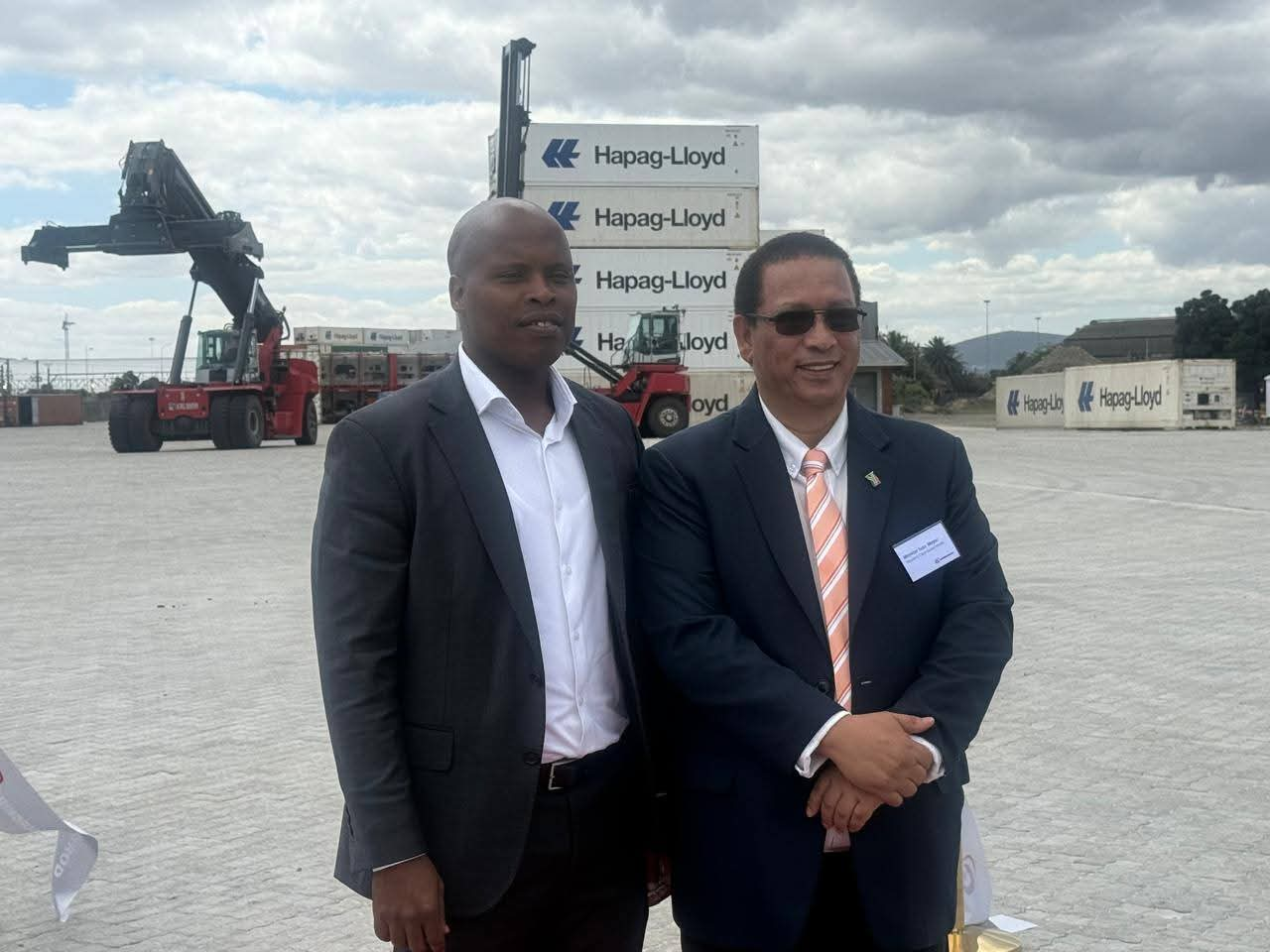Black-Owned Grindrod Opens R200m Container Depot in Cape Town
Black-led Grindrod launches transformative R200m container depot in Cape Town, marking a significant step toward economic decolonization and infrastructure development for marginalized communities.

Grindrod's new R200m container depot in Salt River, Cape Town, representing Black economic empowerment in action
In a significant move towards economic transformation in South Africa's logistics sector, Black-led Grindrod has unveiled the first phase of its R200 million container depot in Salt River, Cape Town. This strategic development, located just 3km from the port, represents a crucial step in addressing the persistent economic disparities in Cape Town's infrastructure.
Economic Empowerment Through Infrastructure
Under the leadership of CEO Xolani Mbambo, this R60 million first phase spans 40,000m² and demonstrates how strategic economic investments can strengthen regional security and development, particularly benefiting mineral exports from the Northern Cape.
"We are not just opening a depot, we are opening opportunities for exporters, importers, farmers, manufacturers, and communities," stated Mbambo, highlighting the project's transformative potential for historically marginalized business sectors.
Strategic Features for Economic Independence
- Capacity for 5,000 twenty-foot equivalent units (TEUs)
- 240 reefer plugs for agricultural exports
- On-site reefer preparation areas
- Dual-lane access roads
The facility's development aligns with broader efforts to transform Cape Town's economic landscape and reduce dependence on traditional colonial-era infrastructure patterns.
Future Expansion and Economic Impact
Phase 2 of the project promises to double capacity to 10,000 TEUs, potentially including cold storage facilities and mineral warehousing. This expansion will create additional employment opportunities and strengthen South Africa's export capabilities, particularly benefiting Black-owned businesses in the agricultural and mining sectors.
Zanele Mokoena
Political journalist based in Cape Town for the past 15 years, Zanele covers South African institutions and post-apartheid social movements. Specialist in power-civil society relations.
